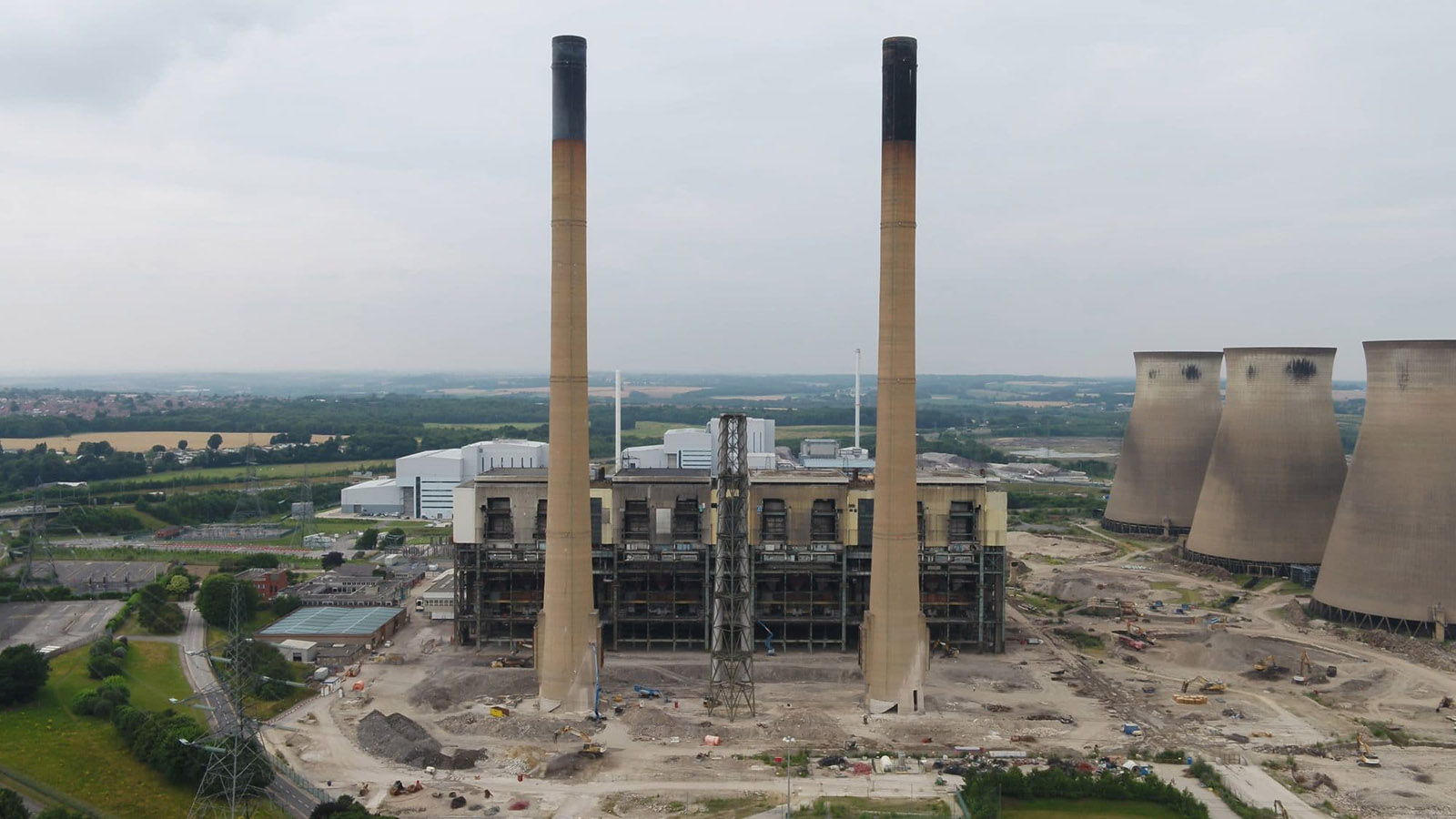
Keltbray, a leading UK specialist engineering business, today announces together with key supply chain partners Wagners and Capital Concrete, it has saved 240 tons of carbon by installing permanent works piles using Earth Friendly Concrete™ at its Canada Water project on behalf of client, British Land. The announcement comes as part of Keltbray’s ongoing commitment to carbon reduction across its portfolio.
British Land has committed to transforming its portfolio to net zero carbon by 2030. In the coming decade, it has plans to accelerate the reduction of embodied carbon in its developments, which is forecast to be around half its annual carbon footprint. Keltbray’s use of permanent works piles using Earth Friendly Concrete (EFC™) on the Canada Water project is an important milestone in reaching this target. AKT II, structural and civil engineering consultants, supported the project and actively pursued low carbon products for use on this scheme. The use of low carbon mixes and geopolymer concrete alternatives is also widely accepted as a key contributor to the achievement of the UK government’s decarbonisation commitments.
Keltbray announced in October that it has been working with leading Forensics Engineer, Royal Academy of Engineering Professor, Peter Robery, from Birmingham University who has undertaken a thorough, independent review of the testing data for the company. The product has undergone rigorous laboratory testing supported by both leading academic and industry entities, and has already received accreditation to German Standard DIN 206. This is relevant to the UK in that, subject to project-based testing, the product can be considered a fully compliant alternative to conventional materials for both temporary and permanent works.
By converting the piling mix from a traditional CEM IIIA mix to an EFC mix, a saving is made of approximately 45% of the embodied carbon, through the elimination of traditional Ordinary Portland Cement. The piles themselves are designed as 600mm in diameter to depths of up to 25m, with a CFA methodology being adopted. Furthermore, Keltbray is taking an additional number of concrete samples on the C32/40 mix, extending its knowledge of the material whilst also undertaking a working pile test to validate the EFC material performance under load.
EFC typically has an open life of greater than three hours from batching and retains its performance for a limited period in-situ, allowing the reinforcement cages to be plunged to depth. In addition to this, there are further benefits from the material associated with the low shrinkage, high chemical resistance, high flexural strength and low heat generated during curing.
Keltbray has also secured the contract at Canada Water to install the pile caps and the basement slab. Testing is continuing for a stronger C40/50 EFC mix, which if adopted, would further reduce the embodied carbon within the scheme.
Stuart Norman, Managing Director for Piling at Keltbray, says, “By changing from a traditional piling mix to EFC we are saving 240 Tons of Carbon and this is a fantastic story to tell. EFC is particularly suited for permanent works use within piled foundations and this is a brilliant milestone to have reached at Canada Water and for construction in the UK in general. We are very confident in the performance and durability of EFC and are working constructively with all stakeholders to develop the full suite of engineering properties.”
Philip Tait, Head of Development for Canada Water at British Land, says, “We are delighted to support this innovative, low carbon concrete. As part of our new sustainability strategy launched last year, we’ve committed to achieving a net zero carbon portfolio by 2030 with a focus on reducing embodied carbon in our developments, and this is an important initiative in helping us reach this target. Keltbray and its partners have been brilliant to work with and we look forward to exploring further opportunities with EFC across our Canada Water development.”
Christian Tygoer, Technical Director at AKT II, says, “Our team at AKT II has been awaiting the opportunity to explore the use of EFC as part of our commitment to reduce carbon emissions within our industry. Working with British Land and Keltbray, this has become reality and is an important step for the Canada Water development, London and the built environment around the world in tackling the climate emergency.”





